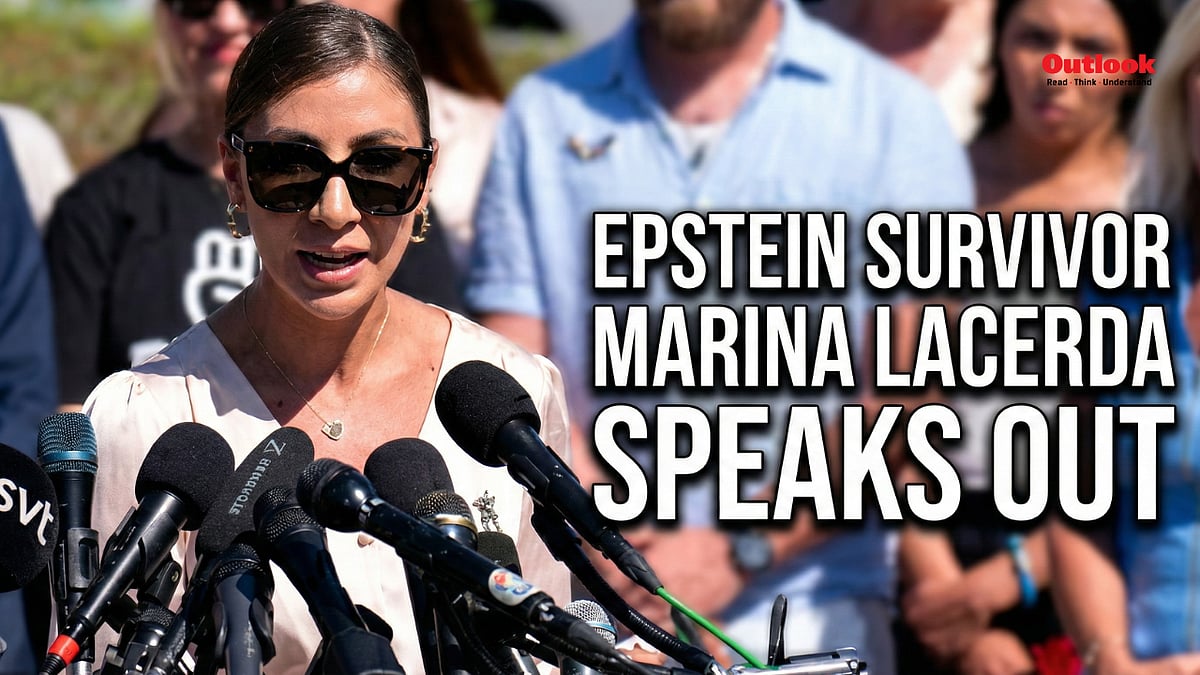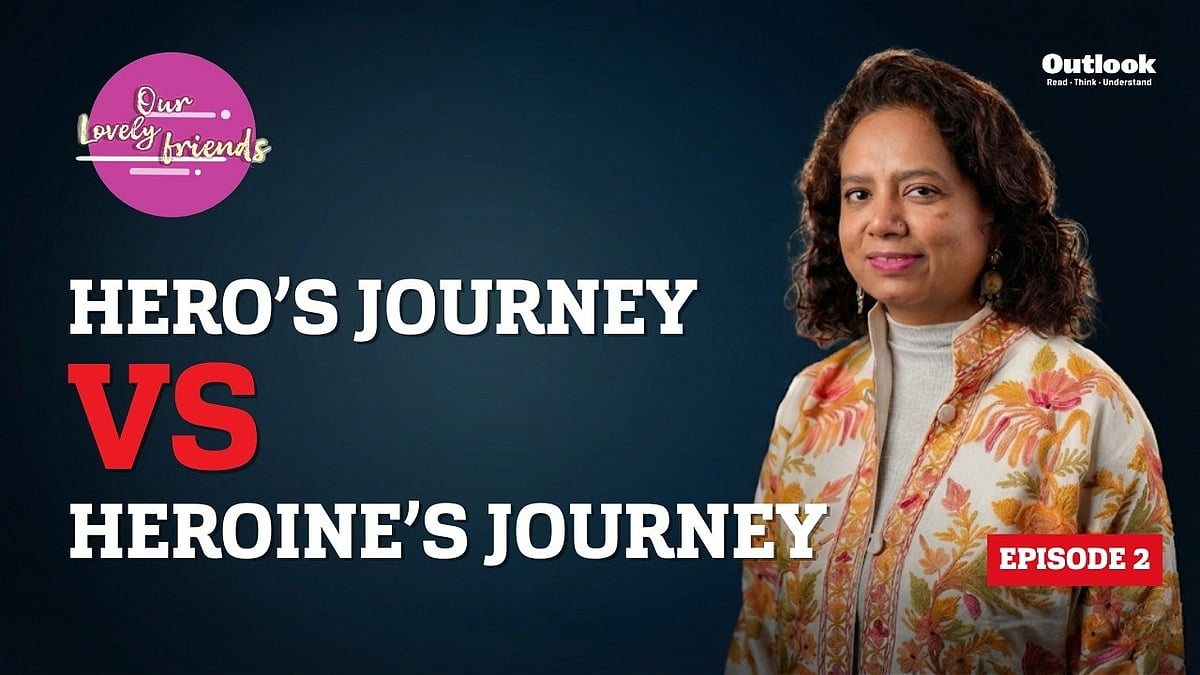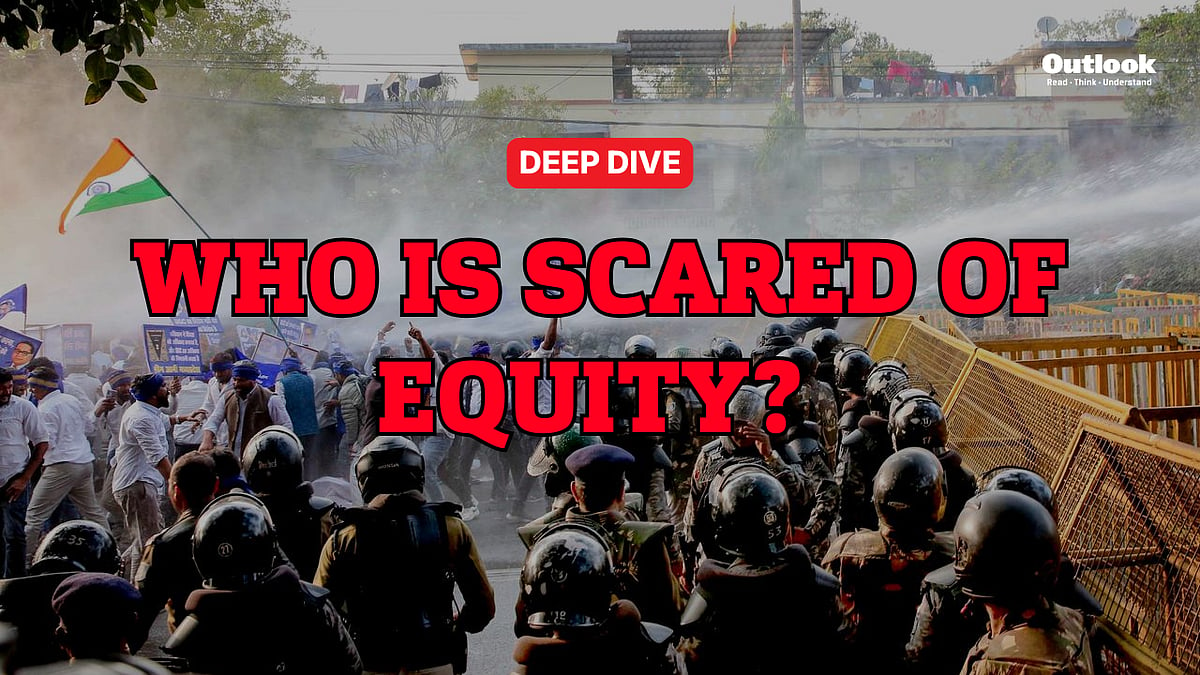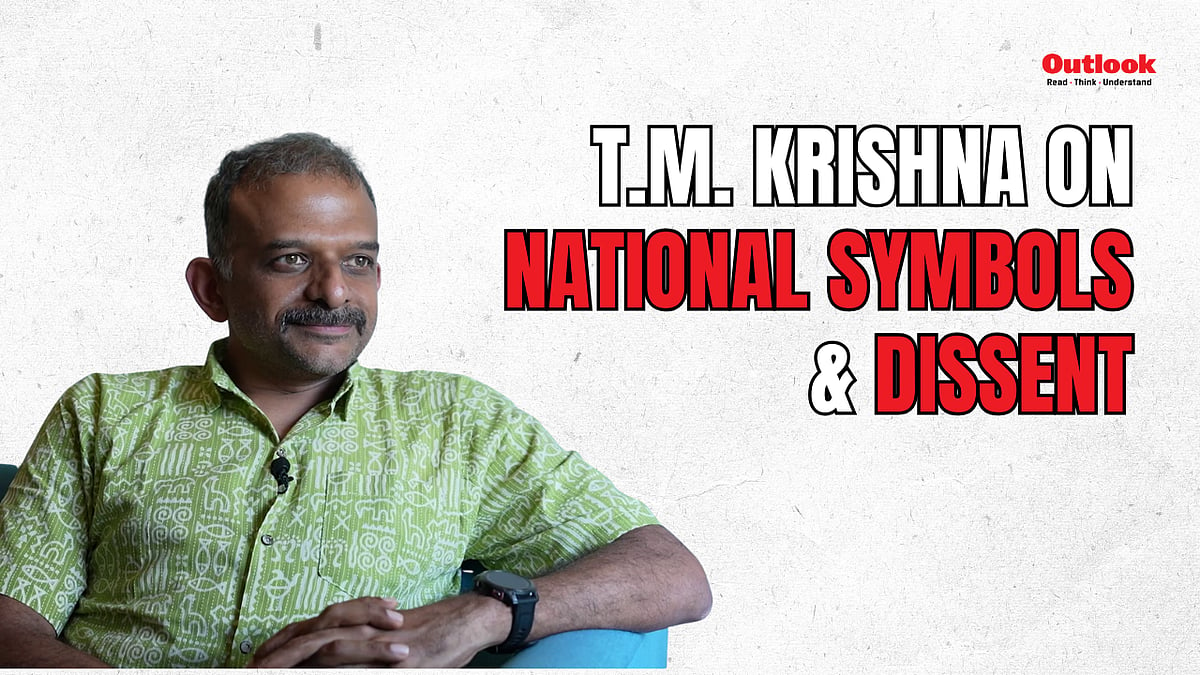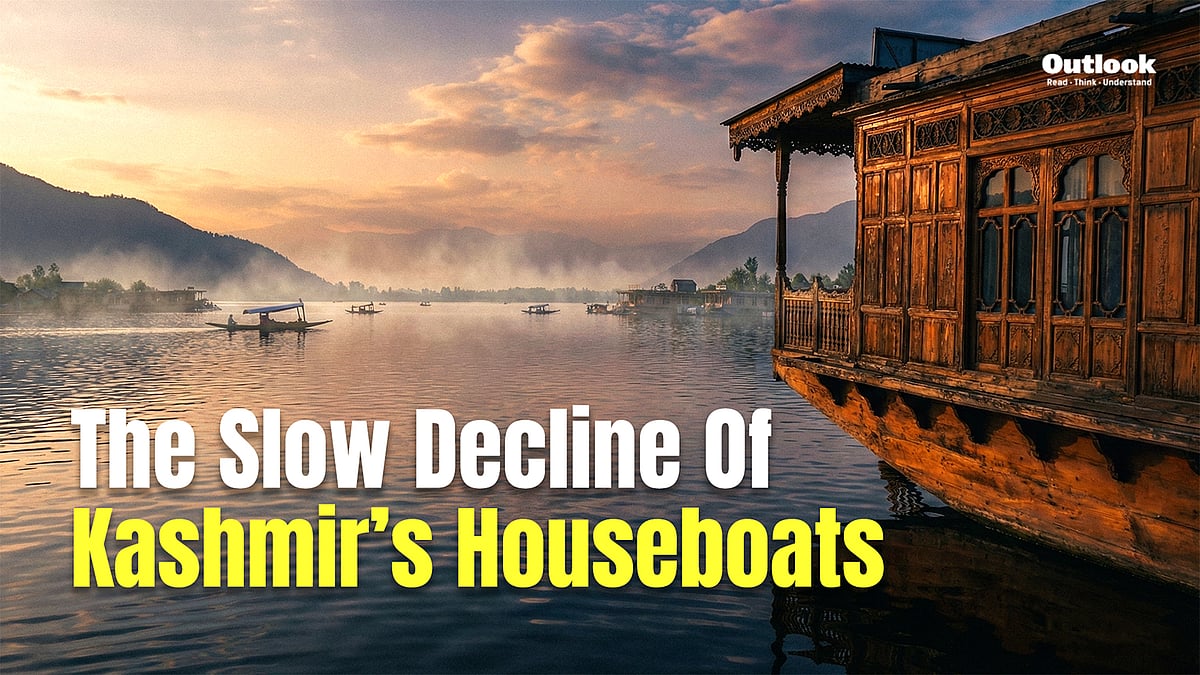A family in Tetgama village, was killed on the night of July 6 over a dayan accusation. In that brutal attack, which shocked the entire nation, the victims filed no police complaint. No one dialled 112. A settlement of over 100 families—almost all Oraon tribals—stayed silent as a mob attacked, burnt alive and buried five people. The 16-year-old boy whose grandmother, mother, father, brother and sister-in-were killed alerted the police ten hours later. He accuses a dozen people in the First Information Report, and the police have arrested four. The boy is in the state’s custody, at a location far away from the village.
In nearby Kajra village, Reema Devi faces similar accusations as one of her neighbours branded her a witch. Half-a-dozen men and women then came to her doorstep and attacked her front door at night. Their weapons left a deep gash in it. Desperate and fearing for her life, she phoned two locals—a ration dealer and his son—but neither helped. With the attackers growing ferocious, she dialled 112, the police helpline. Men from the local Mirganj thana in Purnea district arrived. That’s when everything turned murky.
Reema wants her attackers arrested—but the police and the mukhiya suggest both sides should settle their “animosity”. This isn’t an exception: in many parts of rural India, disputes are expected to be resolved within communities. Taking a matter to the thana can be seen as undermining the village’s authority and order—especially if a woman does it. Because of this, Reema has lost not just her neighbours’ affection, but also their sympathy.
Watch the full video.






